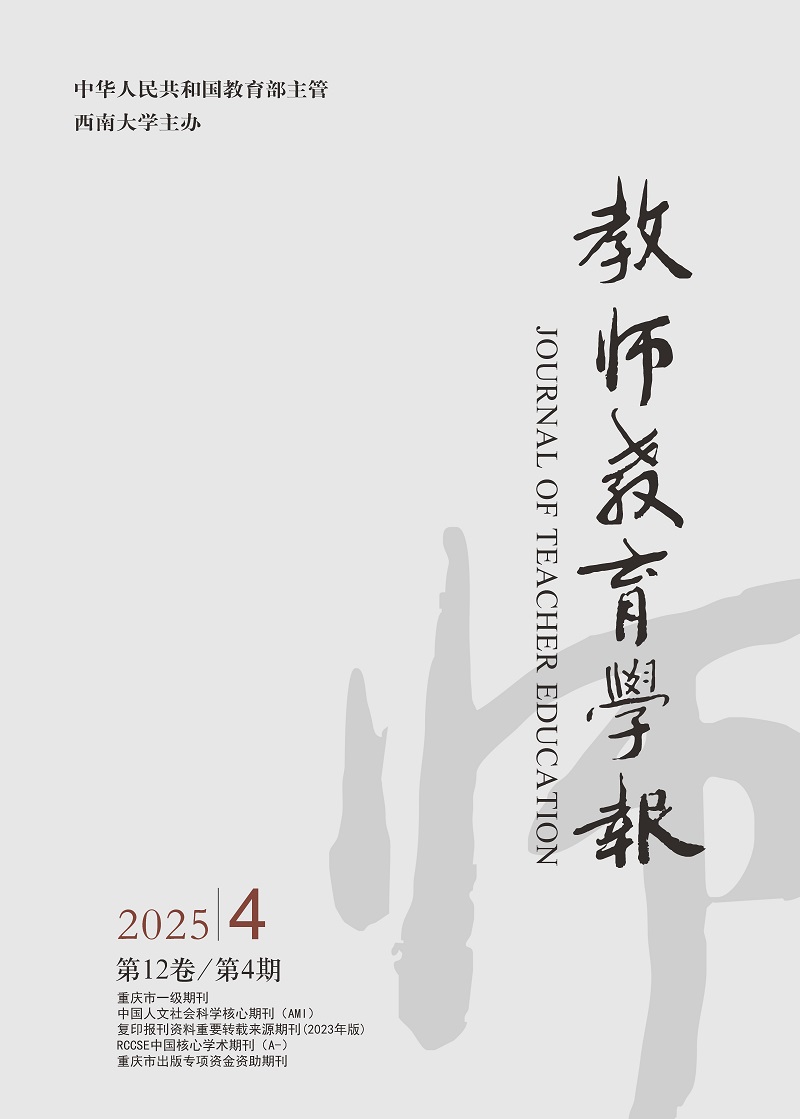The Dilemma and Transcendence of Comprehensive Practical Activities Curriculum Implementation——From the Perspective of Embodied Cognition
-
Key words:
- comprehensive practice activities /
- embodied cognition /
- curriculum implementation /
- implementation dilemma /
- embodied practice path
Abstract:
The interdisciplinary practice-based course,known as Comprehensive Practical Activities(CPA) course,represents a holistic integration of mind and body through practical experiences. The logical foundation of implementing the CPA course lies in the unity of mind and body,the integration of mental faculties,and the embodiment of the environment. Neglecting and restricting students’ physical participation and experiential development can result in challenges known as the “disembodiment dilemma” in the implementation of the CPA course,leading to diminished effectiveness. Embodied cognition theory emphasizes the interaction among the mind,body,and environment,providing theoretical support and guidance for the implementation of the CPA course. To overcome these challenges,and from an embodied cognition perspective,it is proposed to establish an implementation environment based on “physical presence,” construct implementation content based on “unity of knowledge and practice,” establish an implementation approach based on “integration of mind and body,” and form an implementation evaluation that aims for “physical and mental liberation.” These optimization pathways present an embodied manifestation of the implementation of the CPA course,with the aim of reintegrating the body into comprehensive practical activities.






 DownLoad:
DownLoad: